Nature-based Learning Resources
Nature provides invaluable learning experiences for young people. Learning in an “outdoor classroom,” such as the school garden, a neighborhood park or your own backyard, offers many opportunities for young people to explore, discover, observe and directly experience their surroundings. Whether you’re a parent looking to supplement weekend or summer activities, or an educator seeking to develop new lesson plans, we hope you find these resources useful.
Let us know about your experience with a particular resource!
Share your story or photos with us

Allegheny County Nature Explorers Program
Suggested Grade level: Elementary
The Allegheny County Nature Explorers program is a collaboration among Allegheny County Library Association (ACLA), Allegheny Land Trust, and Allegheny County Parks. Through Nature Explorers Program, nature backpacks are available for families and educators to support inquiry-based learning in nature. Nature Backpack themes include meadows, water, each nature backpack includes kid-friendly field guides and tools for observation, as well as a guide with activity suggestions and literacy connections, such as journaling prompts and book list.
Nature backpacks are available through the Allegheny County Library system and searchable through the online Library Catalog– search for “nature backpack” to see all of the available themes.
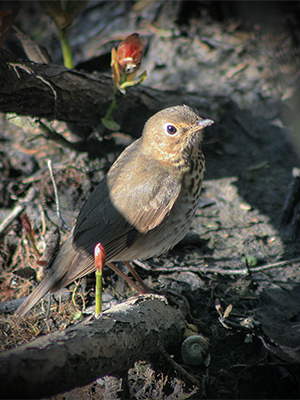
Bird Habitat Scavenger Hunt
Suggested Grade level: Middle School
Developed by ornithologist David Yeany, this anytime of the year activity encourages learners to look for signs of birds and supports learning about habitat. Activity description and printable worksheet can be found here
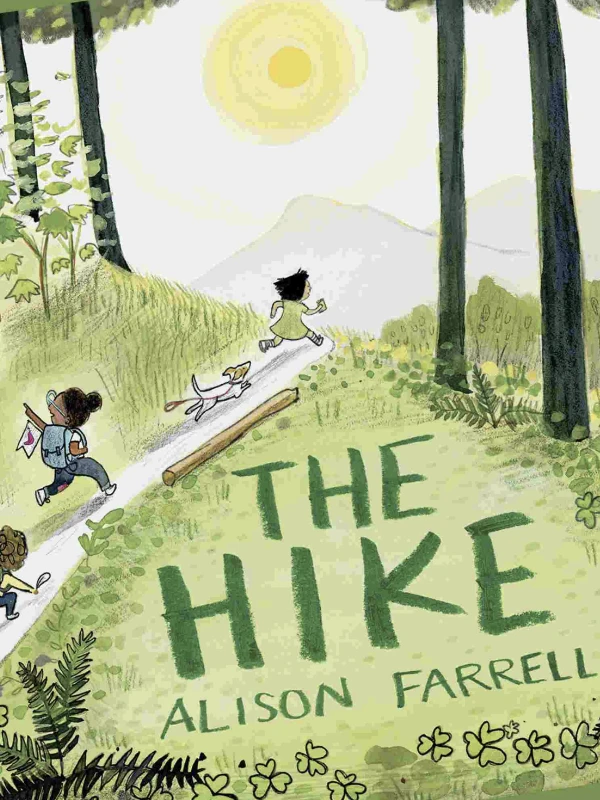
Early Science Literacy Reading List
Suggested Grade level: PreK and Elementary
Developed in consultation with the Allegheny County Library Association, this reading list was curated by WPC and Natural Heritage staff with the goals of celebrating nature all around, finding joy and wonder in the natural world and fostering personal connections to nature. In addition, books were selected that provided an early foundation for future science literacy.

Learn the Science of Climate Change
Suggested Grade level: All Ages
Developed by our senior conservation science staff, a list of climate science resources, literature and kid-friendly activities are available here
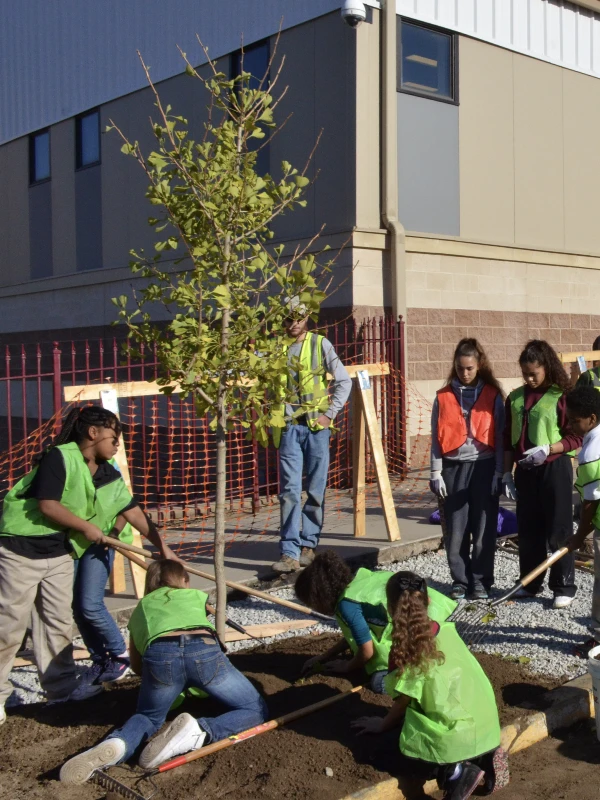
Teaching & Learning in School Greenspaces
Suggested Grade level: PreK and Elementary
Over 100 ideas from Pittsburgh Public School Early Childhood Educators. Find inspiration for hands-on, outdoor activities including math, science, social emotional, and arts. Activity suggestions are mapped to PA Learning Standards for Early Childhood.
This resource was developed as a part of the PPS Early Childhood School Ground Greening educator cohort.
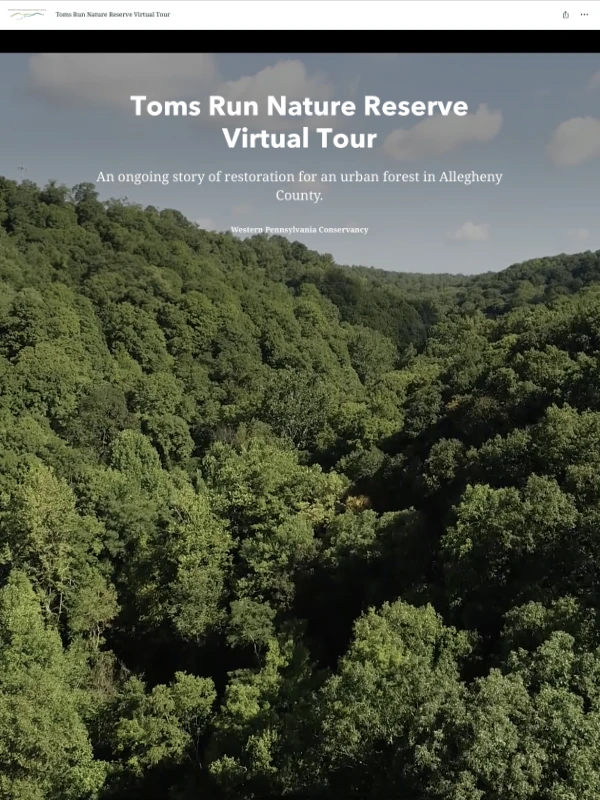
Toms Run Nature Reserve Virtual Tour
Suggested Grade level: Middle School, High School, and Higher Ed
A virtual tour along the three-mile trail at Toms Run Nature Reserve provides insight into the natural features and restoration efforts in progress. Virtual visitors can explore the stops on the map in a linear or self-directed progression. Videos provide a deeper dive into plant and animal species as well as management strategies of those plant and animal species. The virtual tour can be used on its own or as a pre-visit experience
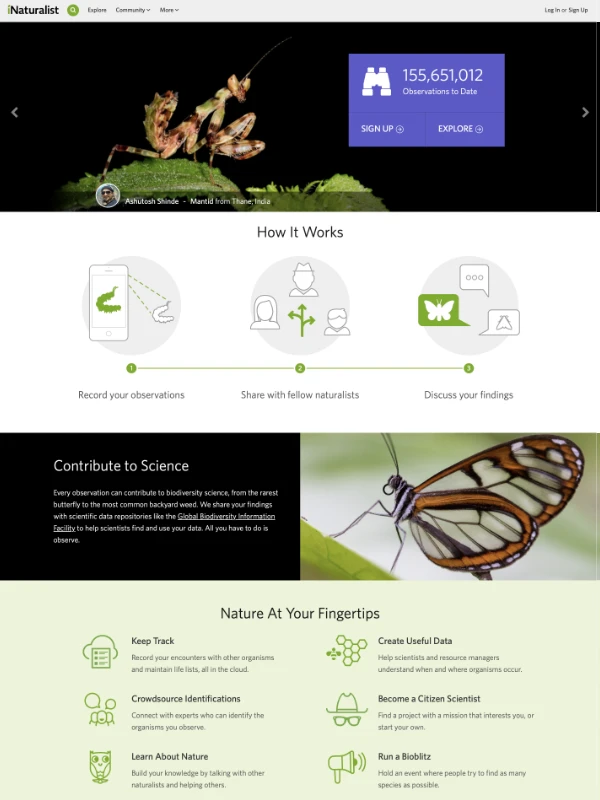
WPC Projects on iNaturalist Community-based Science
Suggested Grade level: Middle School, High School, and Higher Ed
Individuals, groups, families, and students can participate in community-based science by contributing observations of biodiversity information for some of our nature preserves. If you are an educator building community-based science into your curriculum, check out the iNaturalist teacher’s guide to enhance student experiences as well as the quality of their observations here.
The iNaturalist project links for our properties are below:
Helen B. Katz Natural Area
Toms Run Natural Area
Learn more about our nature preserves: Explore Our Preserves
